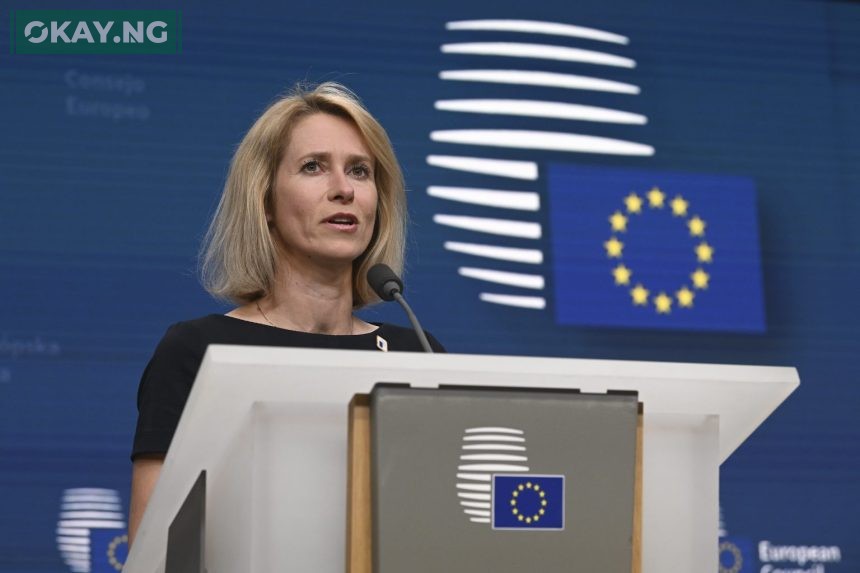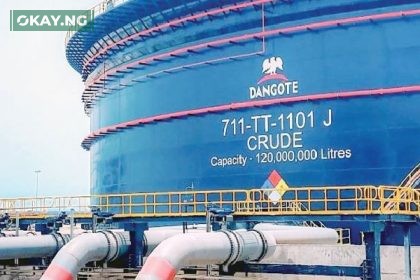The European Union has unveiled a substantial three-year financial support package, pledging up to €1.6 billion ($1.8 billion), aimed at bolstering the Palestinian Authority (PA) as the region grapples with renewed conflict in Gaza. This significant commitment, announced on Monday, precedes a crucial meeting between Palestinian Prime Minister Mohammed Mustafa and EU foreign ministers, underscoring the bloc’s intent to play a pivotal role in stabilizing the region.
“We are stepping up our support to the Palestinian people. €1.6 billion until 2027 will help stabilise the West Bank and Gaza,” declared EU foreign policy chief Kaja Kallas via X (formerly Twitter). This injection of funds is designed to reinforce the PA’s capacity to address the immediate needs of the Palestinian populace in the West Bank and, crucially, to prepare it for a potential return to governance in Gaza once conditions permit.
The EU, a principal international donor to the Palestinians, has structured the aid package to include €620 million in direct grants to the PA. These grants are contingent upon the implementation of key reforms focusing on “fiscal sustainability, democratic governance, private sector development and public infrastructure and services,” as outlined by the EU. This strategic approach aims to foster long-term stability and resilience within the PA’s administrative framework.
Furthermore, the package earmarks €576 million in grants for projects geared towards economic recovery across Gaza, the West Bank, and East Jerusalem. An additional €400 million will be provided in loans from the European Investment Bank, the EU’s lending arm, to support broader developmental initiatives.
This latest financial commitment builds upon the previous three-year support plan, which allocated €1.36 billion from 2021 to 2024. The increase reflects the EU’s heightened concern regarding the escalating regional tensions and the urgent need to support the PA in maintaining essential services and infrastructure.
The decision to provide this substantial aid package comes at a critical juncture. The resumption of hostilities in Gaza, following a two-month ceasefire, has exacerbated the already precarious humanitarian situation. The EU’s proactive stance underscores its recognition of the PA’s vital role in navigating this complex landscape.
The EU’s emphasis on reforms, linked to financial support, could prove instrumental in building a more stable and resilient Palestinian Authority. However, the success of these initiatives hinges on the PA’s ability to implement meaningful changes and foster an environment conducive to long-term economic development.
The EU’s commitment not only addresses immediate humanitarian needs but also lays the groundwork for future stability. By focusing on governance and economic recovery, the EU aims to empower the Palestinian people and pave the way for a more secure and prosperous future.












